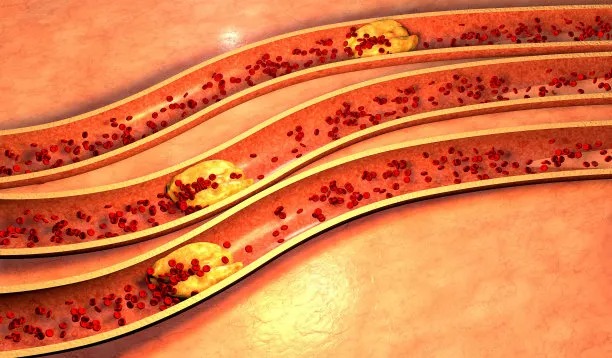Global Advancements in Cardiovascular Disease Treatment Strategies
original:health91192025-02-19 11:49:04
Summary: Global Advancements in Cardiovascular Disease Treatment Strategies have revolutionized the way heart conditions are managed, bringing about innovative therapies and interventions that have
Summary: Global Advancements in Cardiovascular Disease Treatment Strategies have revolutionized the way heart conditions are managed, bringing about innovative therapies and interventions that have significantly improved patient outcomes and quality of life.
1. Innovative Therapies

Advancements in cardiovascular disease treatment have ushered in a new era of innovative therapies, such as gene editing techniques that target specific genetic mutations responsible for heart diseases. These personalized treatments offer tailored solutions for patients based on their unique genetic profiles, promising more effective and targeted interventions.
Furthermore, stem cell therapy has emerged as a groundbreaking approach in regenerating damaged heart tissues and restoring cardiac function. By harnessing the regenerative potential of stem cells, researchers are exploring new avenues for repairing the heart after a heart attack and reversing the progression of cardiovascular conditions.
The integration of technology, such as artificial intelligence and machine learning algorithms, has also revolutionized treatment strategies by enabling more accurate diagnostics, personalized treatment plans, and predictive modeling for identifying individuals at high risk of developing cardiovascular diseases.
2. Interventional Procedures
State-of-the-art interventional procedures for cardiovascular diseases have significantly advanced, offering minimally invasive techniques that reduce risks and improve patient recovery times. From transcatheter aortic valve replacement (TAVR) to percutaneous coronary interventions (PCI), these procedures provide effective alternatives to traditional open-heart surgeries, benefiting a broader range of patients.
Advancements in imaging technologies, such as 3D echocardiography and intravascular ultrasound, have enhanced the accuracy and precision of interventional procedures, allowing physicians to navigate complex anatomies and perform intricate interventions with greater success rates and fewer complications.
Novel approaches like bioresorbable stents and drug-eluting balloons have also transformed the landscape of interventional cardiology, offering solutions that promote vascular healing, prevent restenosis, and optimize long-term patient outcomes.
3. Lifestyle Modifications and Preventive Strategies
Besides medical interventions, the emphasis on lifestyle modifications and preventive strategies has played a crucial role in managing cardiovascular diseases. Through educational campaigns and behavioral interventions, healthcare providers are empowering individuals to adopt healthier habits, such as maintaining a balanced diet, engaging in regular physical activity, and managing stress effectively.
Advanced risk assessment tools, including genetic testing and advanced imaging modalities, enable early detection of cardiovascular risk factors, allowing for personalized preventive strategies tailored to each individuals unique needs and genetic predispositions.
Integrative approaches that combine conventional medicine with complementary therapies, such as meditation, yoga, and acupuncture, have gained recognition for their role in reducing cardiovascular risk, enhancing overall well-being, and promoting holistic health.
4. Collaborative Care Models
The shift towards collaborative care models in cardiovascular disease management has fostered a multidisciplinary approach involving healthcare professionals from various specialties, including cardiologists, cardiac surgeons, nurses, dietitians, and psychologists. By coordinating efforts and sharing expertise, these teams can provide comprehensive care that addresses the diverse needs of patients and optimizes treatment outcomes.
Telemedicine and remote monitoring technologies have expanded access to cardiovascular care, particularly for underserved populations and individuals living in rural areas. Virtual consultations, remote patient monitoring devices, and digital health platforms enable continuous monitoring, proactive interventions, and patient education, enhancing overall treatment adherence and outcomes.
Patient-centered care models that prioritize shared decision-making, individualized treatment plans, and patient empowerment have become integral in promoting patient engagement, improving treatment adherence, and fostering a collaborative relationship between patients and healthcare providers.

Summary:
Global Advancements in Cardiovascular Disease Treatment Strategies have reshaped the landscape of cardiac care, offering cutting-edge therapies, innovative interventions, and a holistic approach to managing cardiovascular diseases. By embracing personalized treatments, minimally invasive procedures, preventive strategies, and collaborative care models, the field of cardiology continues to evolve, bringing new hope and improved outcomes to patients worldwide.
This article is published by HEALTH9119 Medical Health Network https://www.health9199.com arrangement.